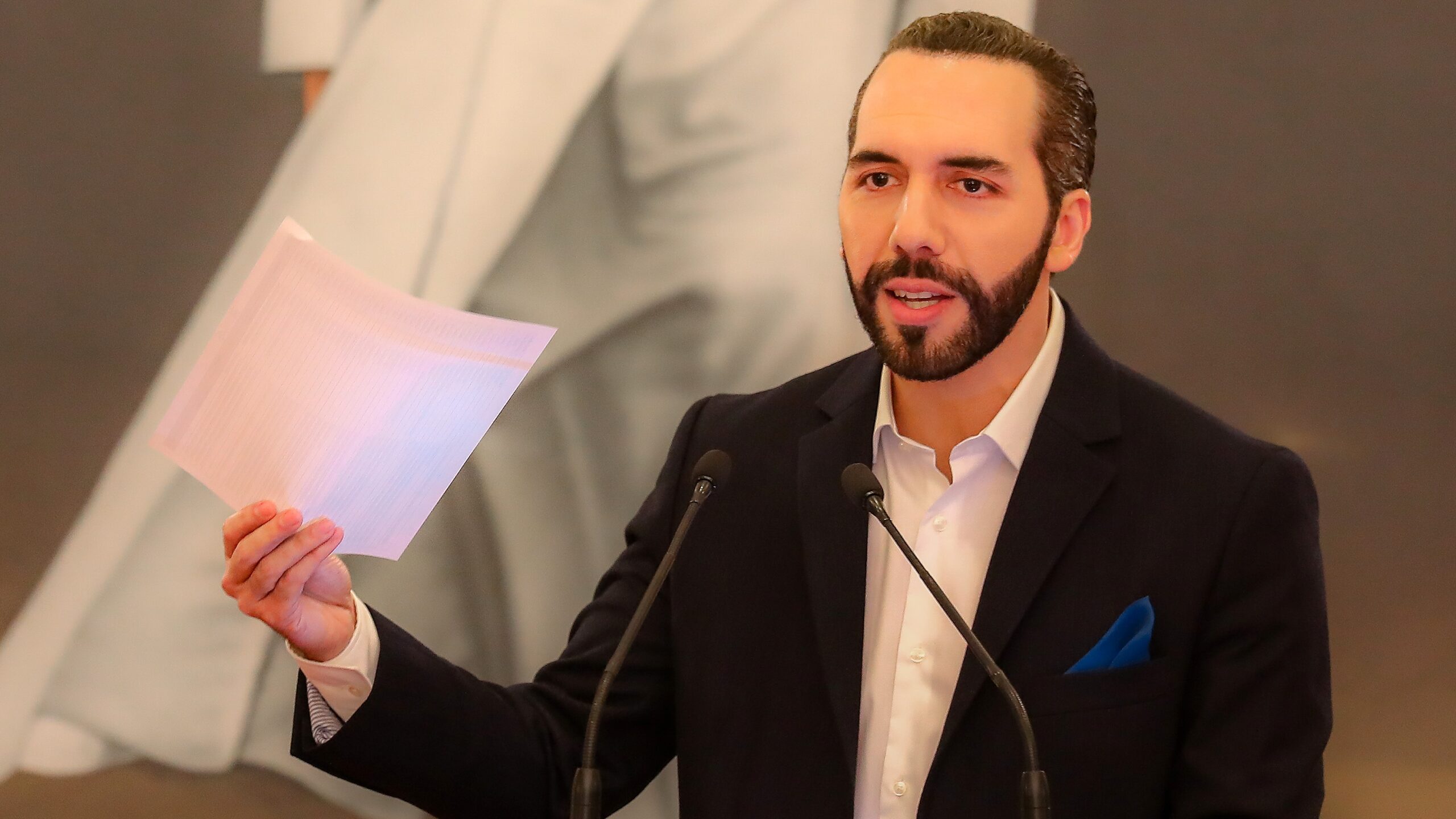El Salvador Snaps Up More Bitcoin: Bukele Doubles Down on Crypto Embrace
El Salvador’s President Nayib Bukele sent shockwaves through the cryptocurrency world yesterday with a tweet announcing the government’s purchase of “1,000 more Bitcoins.” This bold move follows El Salvador’s historic adoption of Bitcoin as legal tender in June 2021, solidifying the country’s position as a pioneer in crypto integration.
The purchase reportedly occurred at a price of around $43,000 per Bitcoin, bringing the total number of Bitcoin held by the Salvadoran government to approximately 1,430. While the financial implications are substantial, the move holds deeper significance, reflecting Bukele’s unwavering commitment to Bitcoin and its potential to transform El Salvador’s economy.
Supporters cheer the move, highlighting the potential benefits of Bitcoin adoption. “This purchase demonstrates El Salvador’s confidence in Bitcoin’s long-term value and its ability to boost financial inclusion,” says Michael Saylor, CEO of MicroStrategy, a company known for its significant Bitcoin holdings. Proponents point to the potential for increased foreign investment, lower transaction fees, and faster cross-border payments as key advantages.
However, critics raise concerns. The International Monetary Fund (IMF) has expressed reservations about El Salvador’s Bitcoin experiment, citing financial stability risks and the potential for money laundering. Some economists warn of the volatility inherent in Bitcoin and its suitability as a national currency.
Furthermore, the timing of the purchase raises eyebrows. With Bitcoin experiencing a recent price dip, some see it as an attempt to manipulate the market or prop up Bukele’s public image. Others question the transparency of the purchase and the use of public funds for such a volatile asset.
Despite the criticism, El Salvador’s Bitcoin experiment continues to garner international attention. The country serves as a case study for the potential and pitfalls of crypto adoption at a national level. While the long-term impact remains unclear, one thing is certain: Bukele’s latest move reignites the debate about Bitcoin’s viability and its potential to reshape the global financial landscape.
Key questions remain:
- Will other countries follow El Salvador’s lead and adopt Bitcoin as legal tender?
- Can El Salvador successfully navigate the financial risks associated with Bitcoin?
- Will Bitcoin’s price volatility hinder widespread adoption?
The answers to these questions will likely play out in the months and years to come. El Salvador’s bold experiment serves as a microcosm of the larger debate surrounding cryptocurrency’s future, and the world watches with bated breath to see if this Central American nation can truly turn Bitcoin into a pillar of its economy.
